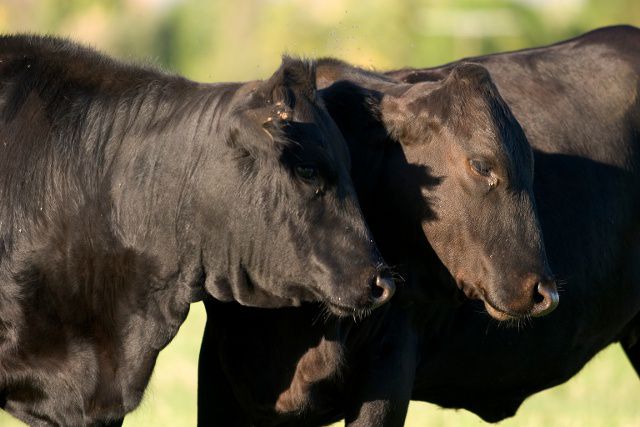Meet Arizona Agriculture’s Ranching Families
Published
11/1/2016
By Julie Murphree, Arizona Farm Bureau Communication Director: While the following list of ranch family profiles is just a sampling, these families represent one of the more important segments within Arizona agriculture: Ranching. In fact, the beef industry within Arizona’s $17.1 billion agriculture industry is regularly ranked in the top two agriculture commodities in our state.
In the meantime, we continue to profile our Arizona agriculture families through our weekly blog articles. The farm and ranch series typically profiles on Tuesdays. Today, we wanted to aggregate every ranch family profile we’ve done so far – we have plenty more families to go. A read on any one of the ranch family stories below will be a wealth of understanding for you to see how our ranch families in Arizona operate. Ranching in the West is completely different than the Midwest. Find out below how.

Arizona’s Ranch families
If the family does more than ranching, we identify their diverse operation below. But, click on the link of one of the families we profile, and you’ll learn lots about Arizona ranching. Many of these families are 3, 4 and 5 generations on the same land.
- Warner Glenn
- Jim O’Haco
- Jim Parks
- Aja Family
- Larry Whipple
- Phyllis and Jack Carlisle
- Dunn Family
- Dean Fish
- Augustine Family (Cattle, plant nursery and general farming):
Smallhouse Family (Cattle & Cactus):- Prosser Family
- Philip Bravo
- Wendy Cavalliere
Terisha Driggs (Cattle and crops):- Petersen Family
- Gerald Flake
- Emmett Sturgill
- Shiew Family
- Alcaida Family (Cattle, Cotton)
- Killian Family (Crops,
citrus and cattle) - Newbold Family
- McNelly Family
- Gasho Family
- Glenn Family
- Morrison Family
- Mortimer Family (direct-to-market farm, cattle, plant nursery)
- Johnson Family
Just like Arizona mining, cattle ranching brought people to Arizona. Ranching must constantly adapt to a changing environment with limited resources. Cattle ranching in Arizona is now about half what it was during its peak, but this “Arizona C” remains a large source of revenue for our state and certainly for the agriculture industry.